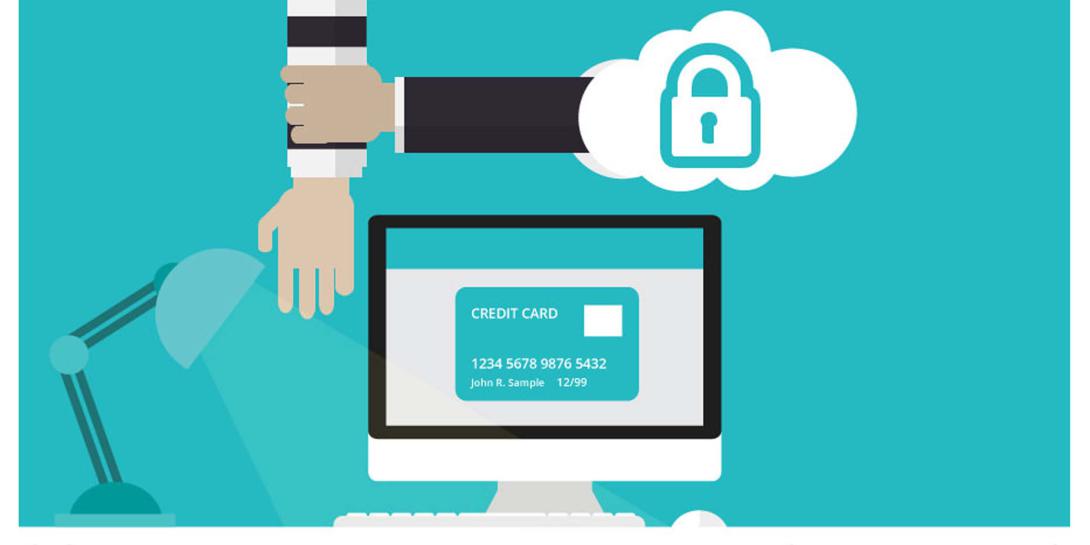Even After Being Hacked, Most Americans Neglect Cyber Best Practices
Although Americans expect major cyber attacks to be a way of life in the near future and lack trust in modern institutions to protect their personal data, they fail to follow cyber best practices, the Pew Research Center reports.
Cybersecurity does not keep most Americans awake at night, even though many expect major cyber attacks to be a way of life in the near future and place little trust in modern institutions to protect their personal data, reports the Pew Research Center. The center’s national survey of more than 1,000 adults last spring showed that even as confidence in data security declined, Americans failed to follow digital security best practices.
Sixty-four percent of those surveyed said they had experienced some form of data theft or fraud, and about half said their personal information is less secure now than it was five years ago.
Many Americans lack faith in both public and private institutions to guard their data from bad actors, the survey found. Some 28 percent said they were not confident at all that the federal government could protect their personal information from unauthorized users, while 24 percent of social media users lacked confidence in these sites to protect their data.
Despite their concerns and experiences, those surveyed did not express profound worries about cybersecurity. However, 70 percent said they expected major cyber attacks on the nation’s public infrastructure, and 66 percent anticipated attacks on banking and financial institutions in the next five years.
For many, the risk has not quite hit home. A number of those surveyed said they did not adhere to cyber best practices in their own lives. Cybersecurity experts recommend password management software, but only 12 percent surveyed said they used it. Roughly 65 percent said memorization was the main or only way they kept track of online passwords. Also, 54 percent of Internet users admitted to using potentially insecure public Wi-Fi networks, with one in five of these users reporting that they used these networks for sensitive activities such as e-commerce or online banking.
The news wasn’t entirely bad. About half said they used two-step authentication for some of their online accounts, and a majority of respondents indicated they took recommended steps such as using different passwords from site to site.
The Pew survey is part of an ongoing series of studies on the state of online privacy and security.





Comment
Security is not easy
Security takes discipline, time, and practice. Security is not easy.
You can never know enough!
You can never know enough!
Comments